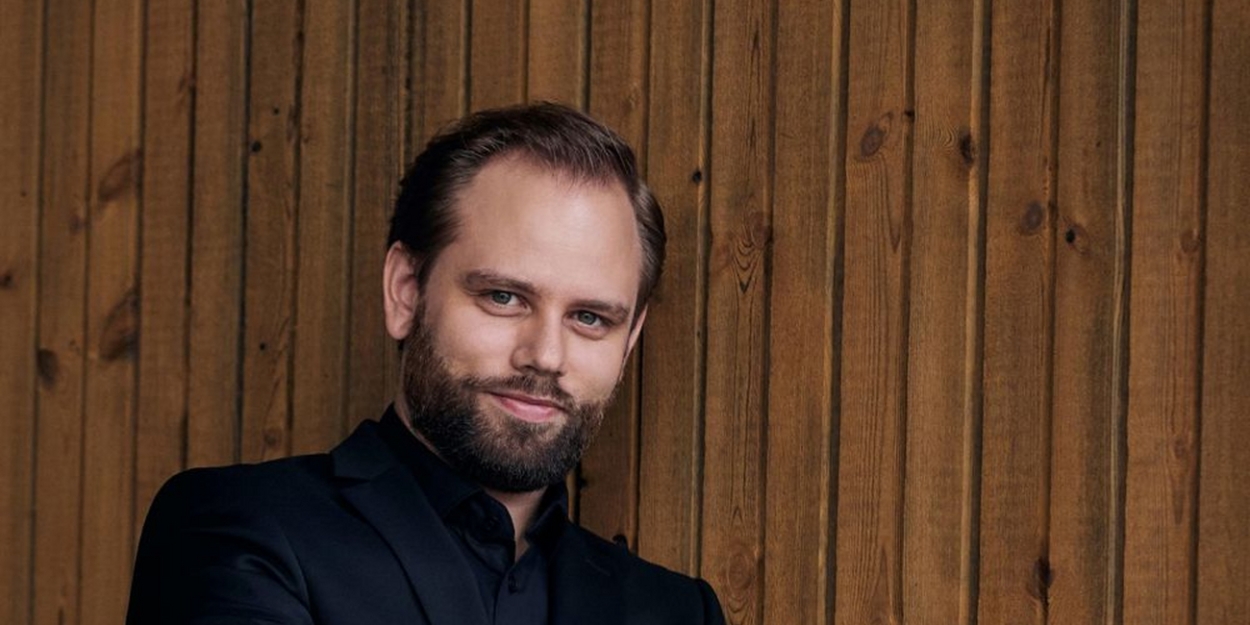ALSO SPRACH ZARATHUSTRA Comes to Den Norske Opera This Week
The performance is set for 9 March, 2024.

Also sprach Zarathustra comes to Den Norske Opera this week. The performance is set for 9 March, 2024.
The masterpiece Also sprach Zarathustra includes the world’s most famous intro – immortalised by the filmmaker Stanley Kubrick in 2001: A Space Odyssey.
Richard Strauss’ masterpiece Also sprach Zarathustra is best known for its triumph of the sun, with trumpet fanfare and a cosmic soundscape radiating in C major.
At sunrise, the prophet Zarathustra descends to earth to declare the Nietzschean notion that God is dead – and that a superior human, the Übermensch, should take the place of religion. Strauss’ tone poem from 1896 is based on Nietzsche’s work Thus Spoke Zarathustra and the symphonic interpretation is largely shaped by the contrasts between nature and humans, between C major and B minor.
The young and highly promising conductor Daniel Reith gets the Norwegian National Opera Orchestra to ask the most pressing existential questions, when Strauss’ most famous orchestral work is performed on the Main Stage.
The evening’s performance also includes Johannes Brahms’ Tragic Overture.
For once, Brahms’ tragic work is not inspired by a self-experienced, tragic background story. Some claim that the work was written as an overture to a new production of Goethe’s Faust – but which never materialised. It is more likely that the work was written parallel to his festive Academic Festival Overture, almost its emotional antithesis.
Arvo Pärt’s Fratres, Latin for brothers, had its world premiere in Stockholm in 1983. It was written at a time when the Estonian Pärt was developing his own style called tintinnabuli, Latin for small bells, by which he uses simple triads to simulate bells. Fratres is the first work written with this technique and is full of contemplation combined with intricate, mathematical patterns.
Comments
Videos

